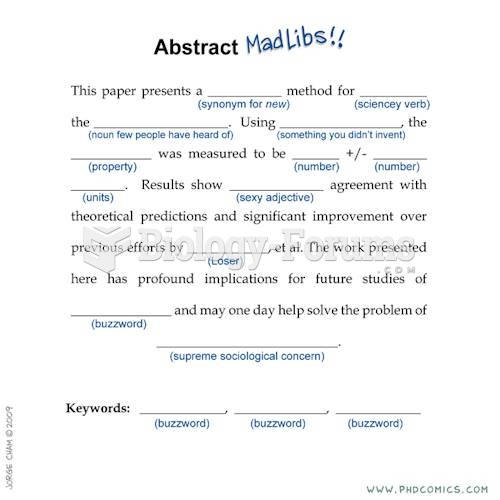Answer to Question 1
This music is descriptive, that is, based on a story, in this case Rahim's being free like a wild horse. Abstract music, on the other hand, is not based on any extra-musical program, e.g., the traditional music of Egypt and the Levant the lands bordering on the East coast of the Mediterranean SeaLebanon, Syria, Jordan, and the Palestinian territories, which includes as its core, a canon of pieces inherited from the Ottoman Turkey. Such Turko-Arabic music is often abstract and identified only by the name of the piece's form and its mode (maqam) or, in some cases, is given an impressionistic title like Al-Shaghal (Obsession)
Horses uses major/minor Western diatonic scales rather than Arab modes, which feature characteristic phrases and progressions, and in many cases quarter tones.
There is emphasis is on virtuosity over emotionality (tarab), which can be heard in fast passages, Western-style scalar runs, harmonics, and arpeggios.
The use of harmonics and arpeggios requires the player to exploit the upper range of the instrument, something not heard in traditional ud playing.
Repetitive, sequential phrases combined with the use of arpeggios and sometimes chords suggests Western harmonic progressions not used in traditional Arab music.
Answer to Question 2
He started studying and playing the ud when he was nine years old. At first his father did not want him to become a professional musician, but eventually Rahim graduated from the Conservatory of Baghdad.
Rahim was politically active against the regime of Saddam Hussein and also the Iran-Iraq war, for which he was imprisoned.
One of the side effects of war can be cultural genocide; musicians can be disempowered, and entire traditions can be wiped out.
He left Iraq under false travel documents and subsequently came to New Mexico in the United States (1991).
He is now composing new solo music for the ud and becoming known as an Arab musician in the U.S.







